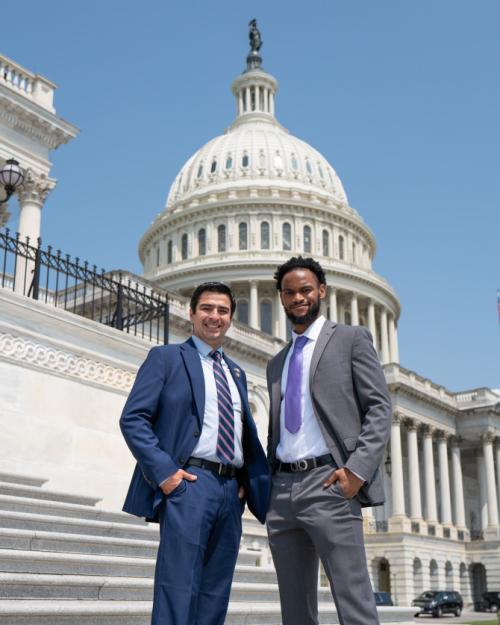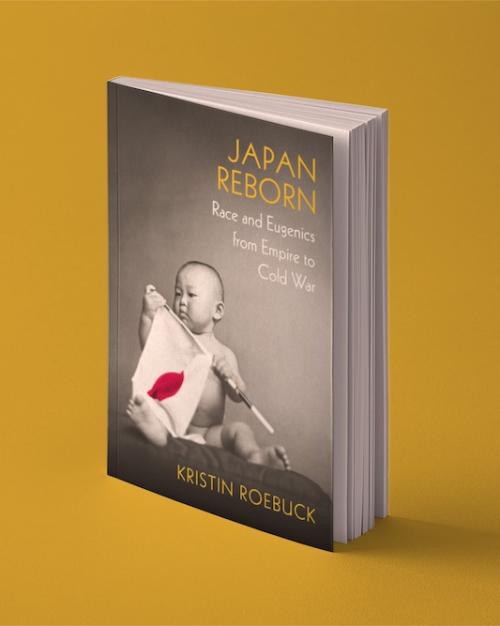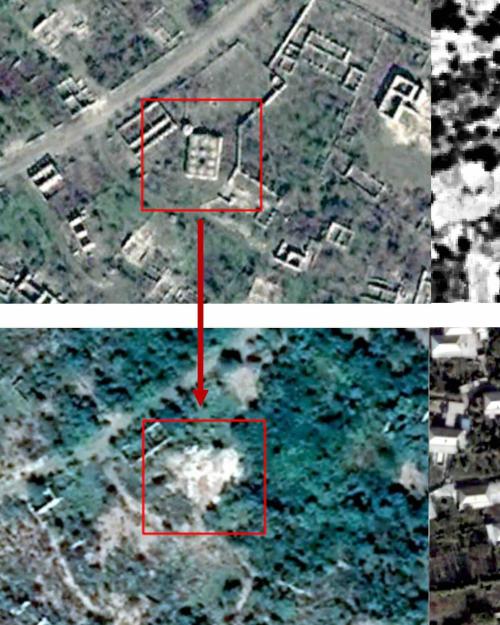On Nov. 1-2, Cornell will host an international conference on the impact of political repression on archaeology and cultural heritage. Entitled “Unearthing Unseeing: Archaeology, Heritage, and Forensics in the Shadow of State Violence”, the conference will highlight new approaches to cultural remains caught up in contemporary conflicts and past trauma.
The two-day event features more than 40 presentations and is open to the public. Presentations will examine the connections between archaeology, heritage and state violence on every continent, from Azerbaijan to Brazil, Mexico to China, as well as here in New York State. T
he conference’s keynote speakers include Alfredo González-Ruibal, an archaeologist with the Institute of Heritage Sciences of the Spanish National Research Council. He will speak on how archaeology’s focus on urban monuments has led it to overlook the violence and inequality that make up some modern cities. Another keynote speaker, Lori Khatchadourian, associate professor of Near Eastern studies and Anthropology in the College of Arts & Sciences (A&S), will discuss how archaeologists of the ancient Near East have grappled with the skeletal remains of the victims of the Armenian Genocide found across northern Syria and the ethical implications of this history for the discipline.
“The impetus for the conference emerged out of our efforts to prevent cultural erasure through our work with Caucasus Heritage Watch,” said Adam T. Smith, Distinguished Professor of Arts and Sciences in Anthropology (A&S) and director of the Cornell Institute for Archaeology and Material Studies. “It is clear that archaeological and heritage sites are facing an historical inflexion point where global efforts to preserve are losing to concerted efforts to destroy. These efforts to erase elements of the past are closely tied to the new rise of authoritarian states and intolerant regimes, which destroy heritage sites in order to eliminate inconvenient historical facts.”
The diverse array of papers to be presented at the meeting will discuss not only the abuse of heritage sites, but also archaeology’s culpability in failing to call out attacks on cultural heritage.
In 2022, Smith published a groundbreaking article, "Unseeing the Past: Archaeology and the Legacy of the Armenian Genocide," in the journal Current Anthropology. That work also provided inspiration for the conference.
Khatchadourian explained that “Like many disciplines, archaeology has ‘skeletons in its closet’, unspoken histories of unethical practices that have done harm to others. But archaeology is also an extremely powerful tool for unearthing or disclosing wrongdoings, including the traces of repression, authoritarianism, and genocide.”
According to Smith, the conference organizers “wanted to provide a forum for scholars and practitioners to come together to discuss why heritage sites had moved to the center of conflict, as well as strategies for pushing them off of the front lines.”
“This unique gathering will bring together archaeologists, anthropologists and historians to examine the various in ways in which our approaches both ‘unsee’ and ‘unearth’ the material traces of trauma, past and present,” Khatchadourian said.
The conference is arranged into seven thematic panels with papers that touch on an array of techniques and new technologies for addressing cultural heritage at risk. The conference program is available here.




